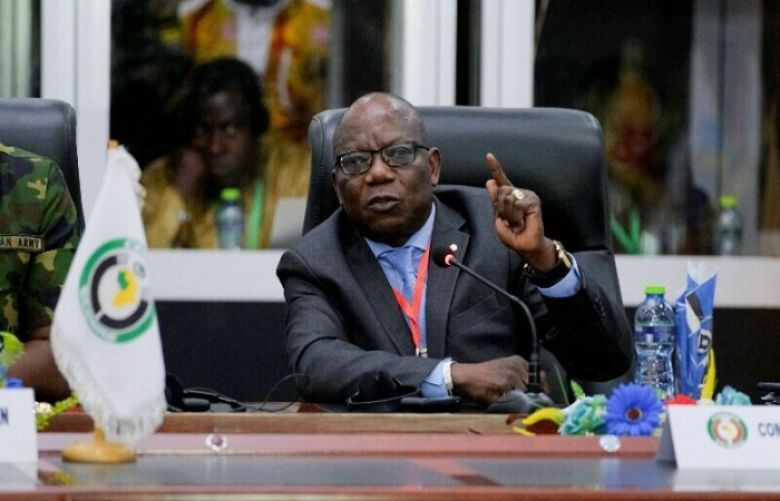West African nations have rejected a call by Niger’s coup leaders for a three-year transition back to democracy, as the crisis-hit country’s neighbours weigh whether to take military action.
General Abdourahamane Tiani has declared he will hold off a return to civilian rule after army officers toppled President Mohamed Bazoum last month.
His announcement came after a delegation from the West African regional bloc ECOWAS, which has threatened to use force to reinstate Bazoum, visited Niger in a final diplomatic push.
“The three-year transition is unacceptable,” Abdel-Fatau Musah, ECOWAS commissioner for politics and security, told Al Jazeera in an interview broadcast on Monday. “We want constitutional order to be restored as soon as possible.”
In a televised address on Saturday, Tiani accused ECOWAS of preparing to attack Niger by setting up an occupying force in collaboration with a foreign army, without referencing which country.
“If an attack were to be undertaken against us, it will not be the walk in the park some people seem to think,” he said.
ECOWAS leaders say they have to act now that Niger has become the fourth West African nation since 2020 to suffer a coup, following Burkina Faso, Guinea, and Mali.
The bloc has agreed to activate a “standby force” as a last resort to restore democracy in Niger.
It has said it is ready to act, although it is still pursuing diplomacy and has given no date or details about any intervention.
Unlike a previous ECOWAS mission in early August, this time the delegation held talks with Tiani and also met Bazoum, who is being held with his family at the presidential palace and could be facing treason charges.
Images on Niger television showed Bazoum smiling and shaking hands with members of the delegation.
The crisis in Niger is amplifying risks for millions of vulnerable children, the UN’s children’s fund has said, adding “a heavy burden to an already dire humanitarian landscape.” “More than two million children have been impacted by the crisis and are in desperate need of humanitarian assistance,” said Unicef’s Niger representative Stefano Savi.
Even before the latest instability, around 1.5 million children under the age of five were forecast to be malnourished in 2023, he said in a statement dated on Saturday.
The landlocked Sahel state ranks among the most turbulent and poorest countries in the world, often at the bottom of the UN’s Human Development Index, a benchmark of prosperity.
Unicef said it was worried about the loss of electricity in the country, which was crucial for keeping childhood vaccines and other essentials chilled.







